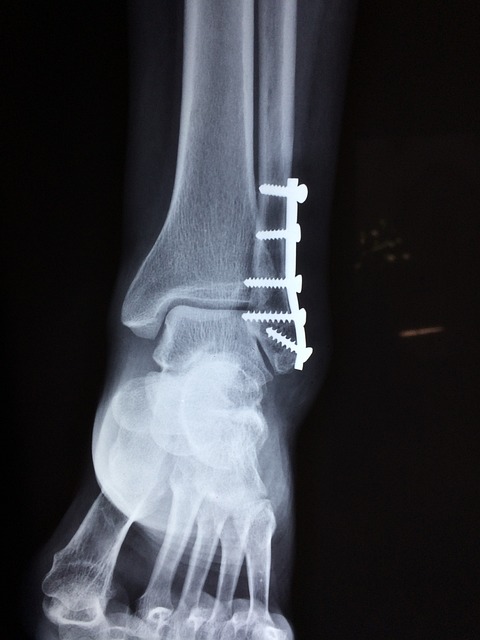Comprehensive Guide to Dental Implants & Smile Repair
Explore how dental implants restore missing teeth with a durable, natural-feeling solution that fuses to the jawbone. This in-depth guide covers who qualifies, the step-by-step implant process, advantages over bridges and dentures, typical costs, and practical care tips to keep implants healthy and long-lasting. Learn what to expect from evaluation to maintenance and when to consult a dental specialist.

Overview: Dental implants have transformed tooth replacement by providing a permanent, tooth-like solution that becomes part of the jaw. Unlike removable dentures, implants integrate with bone to form a solid foundation for single crowns, multi-tooth bridges, or full-arch prostheses. Beyond restoring aesthetics and chewing function, implants can help preserve oral structure and boost confidence over the long term.
Who is a good candidate for implants? Many individuals in generally good health who can undergo routine oral surgery are potential candidates for dental implants. Your dentist or oral surgeon will evaluate several factors, including: 1. Gum tissue health: Healthy gums and soft tissues around the site promote better outcomes and reduce complications. 2. Bone quantity and quality: Adequate jawbone is required to anchor an implant. When bone is insufficient, bone grafting or ridge augmentation procedures can often create a suitable foundation. 3. Medical history and habits: Conditions such as uncontrolled diabetes, significant smoking, certain cardiovascular issues, or prior radiation therapy to the head and neck can influence candidacy and require tailored planning. A full clinical exam, medical history review, and imaging such as X-rays or CBCT scans are necessary to determine if implants are the right option for you.
The implant treatment timeline (what to expect) Implant therapy is typically staged and can take several months to allow for healing and bone integration. Common phases include: 1. Diagnostic planning: Your clinician performs a clinical assessment and radiographic imaging to map anatomy and create a personalized treatment plan. 2. Surgical placement: A titanium (or titanium-alloy) implant post is inserted into the jaw under local anesthesia; sedation may be offered based on patient needs. 3. Osseointegration: Over weeks to months, the bone grows and bonds to the implant surface, producing a stable anchor. 4. Abutment connection: After adequate integration, a connector (abutment) is attached to the implant to support the final prosthesis. 5. Prosthetic restoration: A custom-made crown, bridge, or denture is fabricated and secured to the abutment to restore appearance and function. Many patients find implant surgery less uncomfortable than a typical tooth extraction. Your dental team will discuss anesthesia choices, post-op care, expected recovery, and a timeline specific to your case.
Advantages of dental implants Implants offer several benefits compared with conventional dentures and fixed bridges: - Natural look and feel: Restorations are designed to mimic the appearance and tactile sensation of natural teeth. - Improved speech: Because implants are stable, they reduce clicking or slurring that can occur with loose dentures. - Greater comfort: Once healed, implants eliminate many of the irritations associated with removable appliances. - Better chewing efficiency: Implants restore much of the original biting force, allowing a more varied diet. - Protection of adjacent teeth: Implants do not rely on neighboring teeth for support, so healthy teeth are preserved instead of being shaved down. - Durability: With consistent care, implants can function for many years and frequently last a lifetime.
Typical costs Prices depend on the number of implants, the type of prosthesis, materials used, and whether extra procedures (bone grafting, sinus lift, extractions) are required. Common estimate ranges are: - Single tooth implant: $3,000 - $4,500 - Implant-supported bridge (three teeth): $6,000 - $10,000 - Full mouth implants: $20,000 - $45,000 These are general estimates and vary by region, provider, and complexity. Some dental plans may cover portions of the treatment; many practices also provide financing or payment plans to spread out costs.
Caring for your implants Maintaining implants closely resembles caring for natural teeth and is key to their longevity. Recommended practices include: 1. Brush twice daily using a soft-bristled toothbrush and appropriate toothpaste. 2. Floss daily and consider interdental brushes or specialized floss to clean around implant interfaces. 3. Use an antimicrobial mouth rinse if advised by your dental professional. 4. Attend routine checkups and professional cleanings so your clinician can monitor implant health and address issues early. With diligent home care and regular dental visits, implants can remain healthy and functional for many years.
Final considerations Implant therapy typically requires more time and a greater initial investment than removable dentures or some bridgework, but many patients report that the improved comfort, function, and aesthetics justify the commitment. If you are weighing options to replace missing teeth, arrange a consultation with a qualified dentist or oral surgeon to discuss customized treatment alternatives and a realistic timeline.
Disclaimer: This article is provided for informational purposes only and is not a substitute for professional dental or medical advice. Consult a licensed healthcare provider for individualized recommendations and treatment planning.




